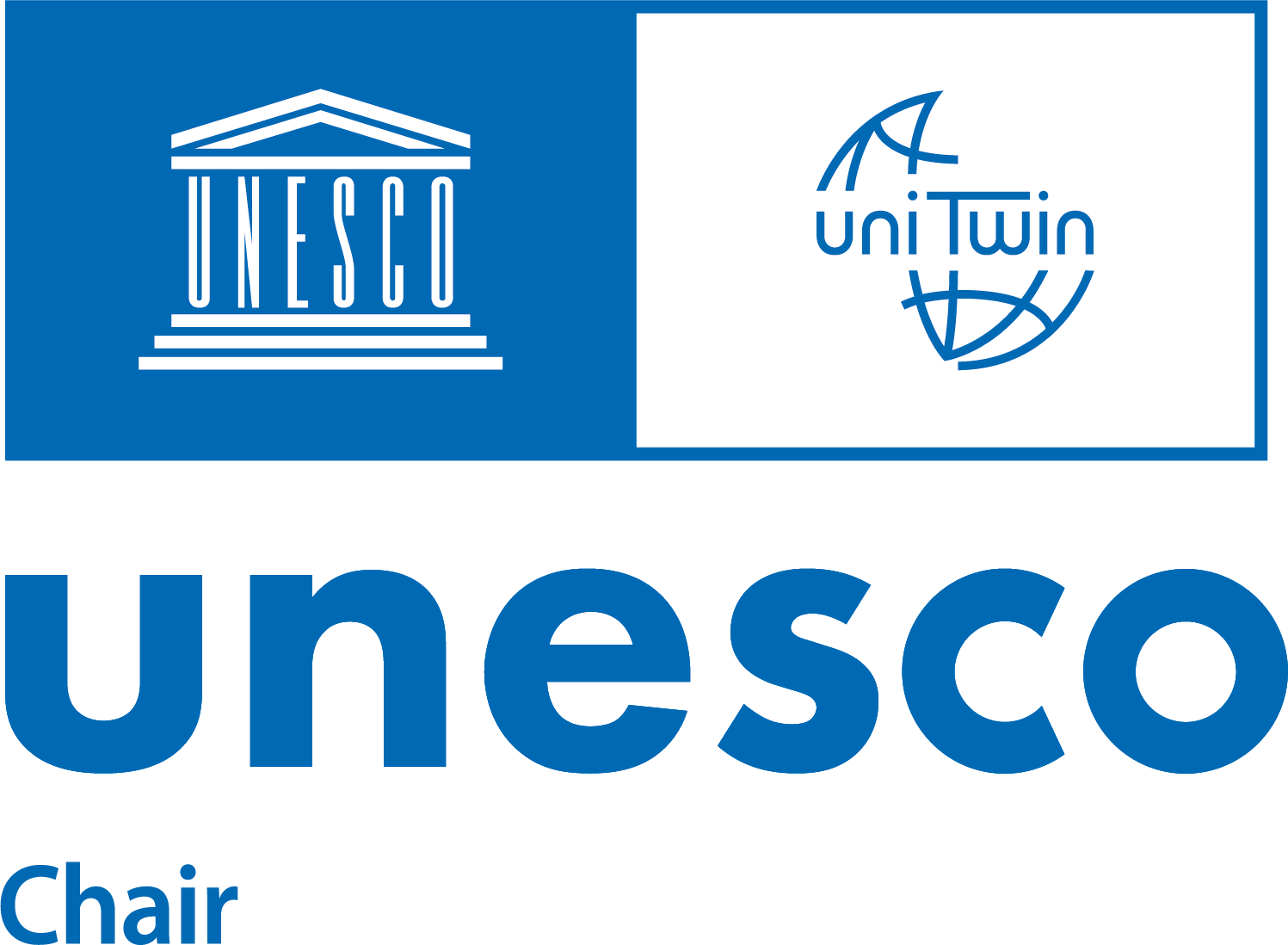Prof. Benjamin Jörissen appointed to the Expert Committee on Intangible Cultural Heritage of the German UNESCO Commission
The Professor of Culture and Aesthetic Education will be part of the committee deciding on proposals for the Federal List of Intangible Cultural Heritage
Modern dance is just as much a part of the selection as for instance craft beer brewing, the German cooperative system, blueprinting, fairy tale telling and also poetry slam – even this short and purely exemplary list shows the diversity of Germany’s intangible cultural heritage. Decisions on which cultural practices are included in the nationwide inventory are made by the Intangible Cultural Heritage Committee of the German UNESCO Commission, which consists of twenty voting experts from academia, associations and civil society, as well as representatives of the Federal Government Commissioner for Culture and the Media, the Conference of Ministers of Culture and the Federal Foreign Office.
Since April 2023, Prof. Dr. Benjamin Jörissen, who holds the Chair of Education with a focus on culture and aesthetic education as well as the UNESCO Chair of Art and Culture in Education at FAU, has also been appointed as a member of this body for the mandate period 2023-2024.
“I am delighted to have the opportunity to help shape the selection processes for the ICH,” said Professor Jörissen. “The Intangible Cultural Heritage Inventory is an important tool in which diverse traditions are honored and made visible. From organ building to the culture of digital real-time animations (demoscene), these include old and new, living cultural practices that are of great importance to the identity of many people. Our contribution to the work of this committee relates to all facets of cultural heritage. A particular focus is on our expertise on digital and post-digital culture, and on the richness of the culturally diverse heritage of our contemporary post-migration society. In this context, our current research on issues of cultural sustainability and cultural resilience provides an important backdrop.”
But how do the proposals for inclusion on the list actually come about? Stakeholders such as associations, societies and ‘practicing communities of supporters’ can make proposals for inclusion in the list. The federal states each make a preliminary selection, on the basis of which the Standing Conference of the Ministers of Education and Cultural Affairs then draws up a nationwide list of suggestions. The independent expert committee examines and evaluates the proposals on this list according to the criteria for intangible cultural heritage and recommends cultural forms or model programs for inclusion in the nationwide directory. The committee also proposes selected cultural practices for inclusion in the Representative List of the Intangible Cultural Heritage of Humanity.
More information on the membership of the Expert Committee is available at:
https://www.unesco.de/kultur-und-natur/immaterielles-kulturerbe/unser-beitrag/expertenkomitee-immaterielles-kulturerbe
Contact for further information and inquiries:
UNESCO Chair in Arts and Culture in Education, Dr. Tanja Klepacki, UCACE-Website (at) fau.de

